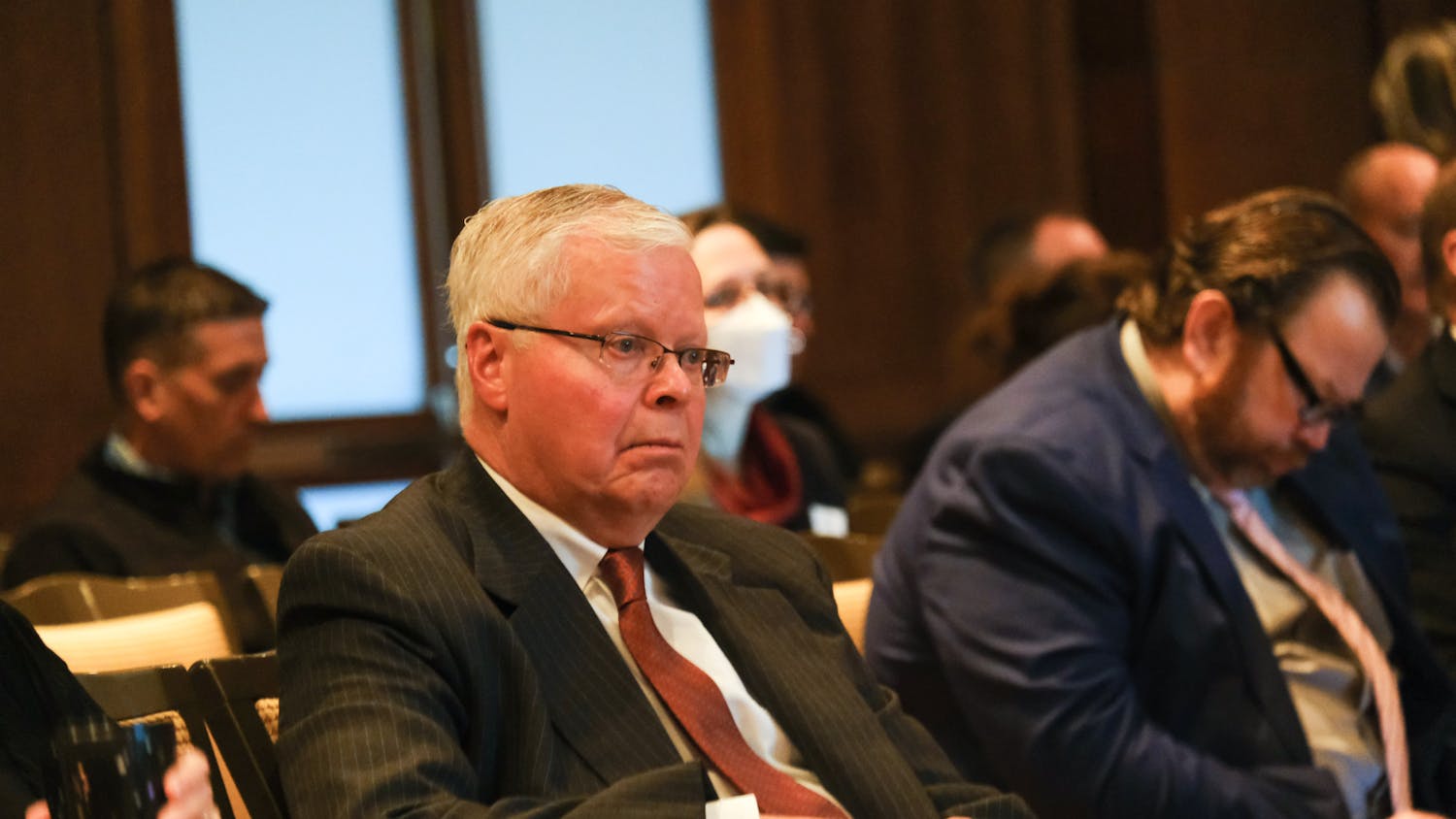Dropping enrollment and an ongoing budget deficit has limited UW-Stevens Point’s ability to grow. To combat this, Chancellor Bernie Patterson proposed for year-round class schedules to support 3-year degrees and expanding popular majors.
Aligning with the efforts to encourage capacity-building projects throughout the UW System campuses, Patterson introduced his plans to boosts programs like health care, computer science and engineering. He requested $25 million to increase the number of students pursuing high-demand job fields.
“I understand the marketing: very attractive to save a year's tuition,” said UW-Stevens Point history professor Nancy LoPatin-Lummis. “But, unless the credits towards majors are cut, the reduction in time will likely be from General Education requirements.”
Patterson included a total of five requests for the Board of Regents on behalf of the university. He sought to double the number of students in paper science and chemical engineering programs — which are recognized by having a one hundred percent job placement rates after graduating. He also included the expansion of computer science and information systems, which are currently where the “demand is especially high.”
He also announced their goals to create the first degree in aquaponics/aquaculture degree — otherwise known as farming fish. This is the “fastest growing sector in food production globally,” providing students with an opportunity to work with local, safe, sustainable food systems.
He also wishes to pilot three-year programs at a UW-Stevens Point branch campus — UW-Marathon County and UW-Marshfield/Wood County joined the campus in July 2018 — meaning he would separate a full year into three. This pace would allow student to complete most of their degrees in less than three years.
Lastly, he spoke about increasing the number of students that would participate in “high-impact” paid internships, which “would improve” retention among first-generation, low-income and nontraditional students.
UW-Stevens Point Department of History and International Studies Chair Lee Willis spoke about the goals of introducing a three-year degree to lower overall costs while attending school.
“The idea is to recruit students who otherwise would not attend college,” Willis said. “A three-year degree may appeal to prospective students and their families who are concerned about the cost of being in college for four or even five years.”
“I am hopeful that as faculty members and the administration at UWSP work together we can find a path forward for UW-Stevens Point that will support our students, the community, and the state,” UW-Stevens Point Associate English Professor Patricia Dyjak said.






